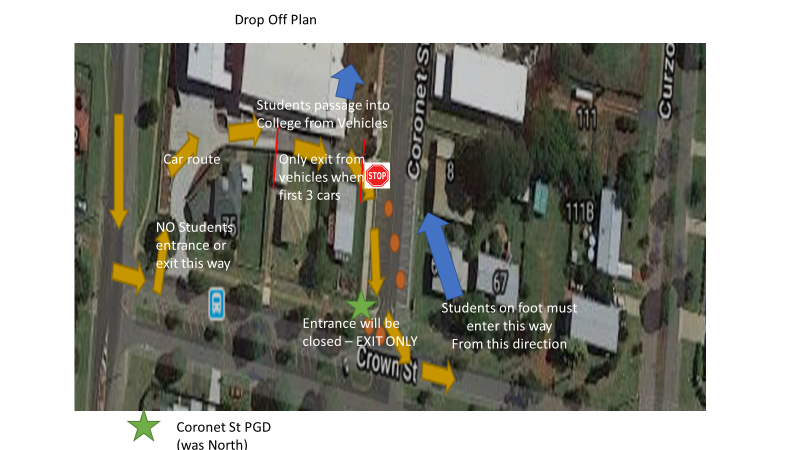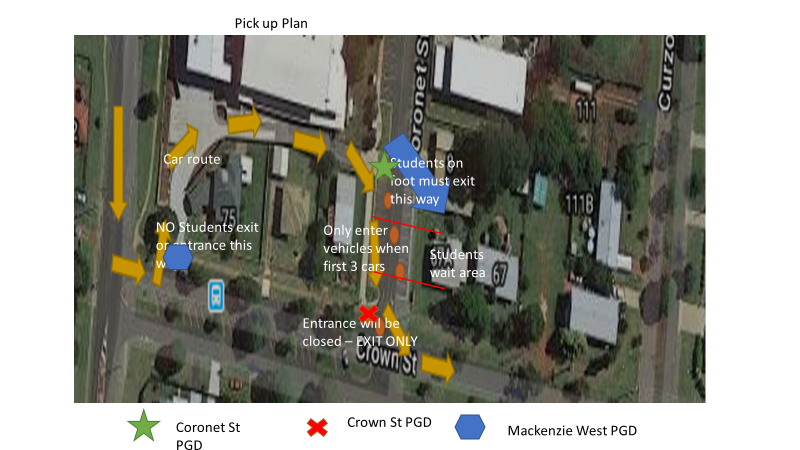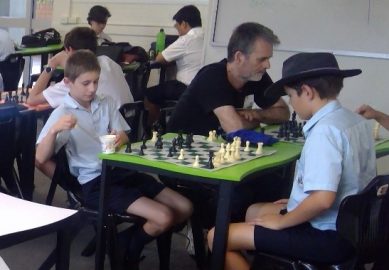Dear Parents, Caregivers and Students
Evenings such as our upcoming Year 7 Welcome Liturgy and Parent Night, which is being held next Thursday 20th February, provide a great opportunity for parents and teachers to come together in an informal manner to talk about the progress of students and how they are managing with the start of the new school year. On most occasions like this, the conversations usually start with how much the students are loving being in Year 7 and then they move to parent and student concerns regarding the impending workload and how they are going to assist their children to cope in Year 7.
My response to these concerns usually include advice around the importance of time management, being organised, breaking down tasks into smaller items in order to complete the whole assignment, ensuring that the children are developing resilience and demonstrating a growth mindset. However, over time I have reflected upon these conversations and asked myself if this is the best advice that we can provide families. After doing some reading and research, what I found most interesting was the current advice that child psychologists are providing around assisting your child to succeed at school: “Make sure your children have adequate sleep every night” (Goodyer, 2018). The reason for this advice is that children’s behaviour, performance and mood are impaired by lack of sleep.
Journalist, Paula Goodyer, refers to sleep specialist, Dr Chris Seton, who believes that electronic media and mobile phone use, play a part in children’s sleep deprivation: “Texting is worse than talking on the phone because kids stay awake waiting for the next message. A study of 13 year-olds in the U.S., that included checking mobile phone numbers, found that 45% of them used their phones after 3.00 a.m.”. He urged parents to be more assertive about keeping computers and TV’s out of children’s bedrooms and making it a rule that mobiles stay on the kitchen table until morning.
Dr Seton suggested that the best way to judge how much sleep a child needs is to assess whether it’s “enough for them to wake spontaneously – meaning without an alarm clock – on most mornings and avoid tiredness during the day until the last hour before bedtime”. When it comes to how much sleep our children need, the general consensus appears to be: 10-11 hours per night for children 6 to 9 years old; 9-10 hours for children 10-14 years old; ages 15 and over need 8-9 hours per night.
Children, nowadays, have a variety of sporting, cultural, academic and sometimes work commitments both before and after school. Even though these activities are important physically, socially and perhaps economically, we parents need to ensure that they are not at the expense of our children’s required level of sleep.
Some of the symptoms of sleep deprivation in children include moodiness and irritability, temper tantrums, the tendency to emotionally “explode” at the slightest provocation, over-activity and hyperactive behaviour, grogginess when they wake up in the morning, reluctance to get out of bed in the morning.
Sleep loss can cause a range of schooling problems including naughtiness, poor concentration, under performance leading to poor academic results. In teenagers, sleep deprivation can lead to problems with impulse control, which leads to risk-taking behaviours, and increased risk of depression. Surprisingly, sleep deprivation affects adults and children differently; adults tend to become drowsy, whereas, children tend to “rev-up”.
So, what advice is there for parents to assist good sleeping habits for our children? Well firstly, there is the usual piece of advice: be a role model. Model the importance of sleep, rest and relaxation; maybe model reading before bedtime as a means to relax. No drinks that contain caffeine or food or drinks that contain lots of sugar especially late in the day. Make sleep a number one priority and monitor the effects that multiple after school activities and jobs have on the amount of sleep time that children have available.
This week we pray that we all have the time in our lives to rest, re-energise and prepare ourselves for the following day, so that we may have the energy to strive to be the best we can be.
Dear God
As I lay down to sleep,
relax the tension of my body;
still the thoughts which worry and perplex me.
Help me to rest myself and all my problems in your strong and loving arms.
Let your Spirit speak to my mind and heart while I am asleep,
so that, when I wake up in the morning,
I may find that I have received the night-time,
light for my way;
strength for my tasks;
peace for my worries;
forgiveness for my sins.
Grant me sleep tonight, and tomorrow power to live.
Amen.
Have a great week. Kort
Newsletter Roster
Please note that the St Joseph’s College newsletter will be moving to a fortnightly edition from this week. Newsletters will be compiled and distributed on Week 1, 3, 5, 7 and 9 of each term. It is our belief that as a College we have a number of other platforms that are allowing us to disperse timely and relevant information to our community and the use of these platforms will become our priority for sharing organisational information. The St Joseph’s College newsletter will continue to be a platform for the sharing of student achievements, news of community events and more comprehensive information regarding College life.
























































